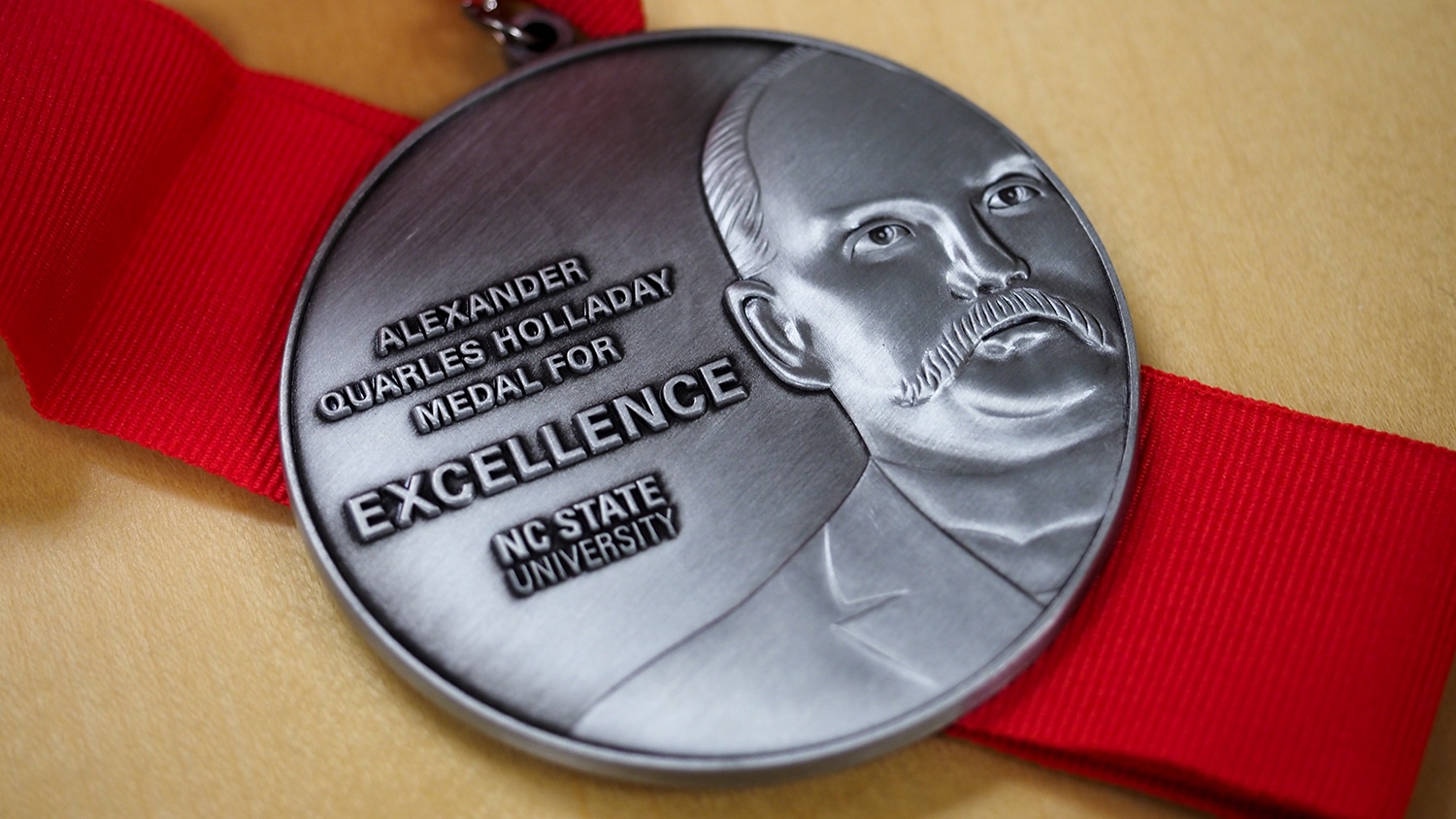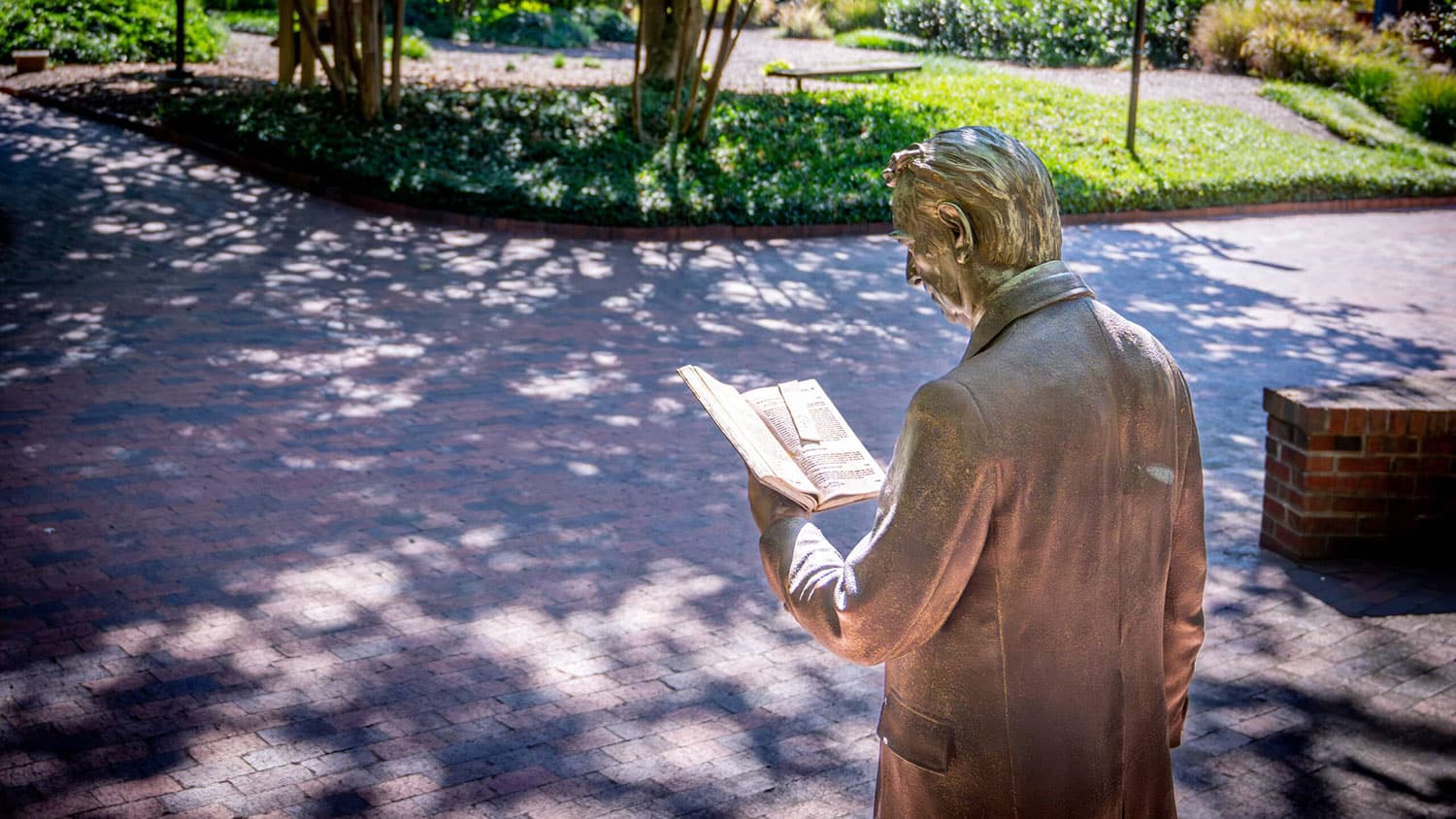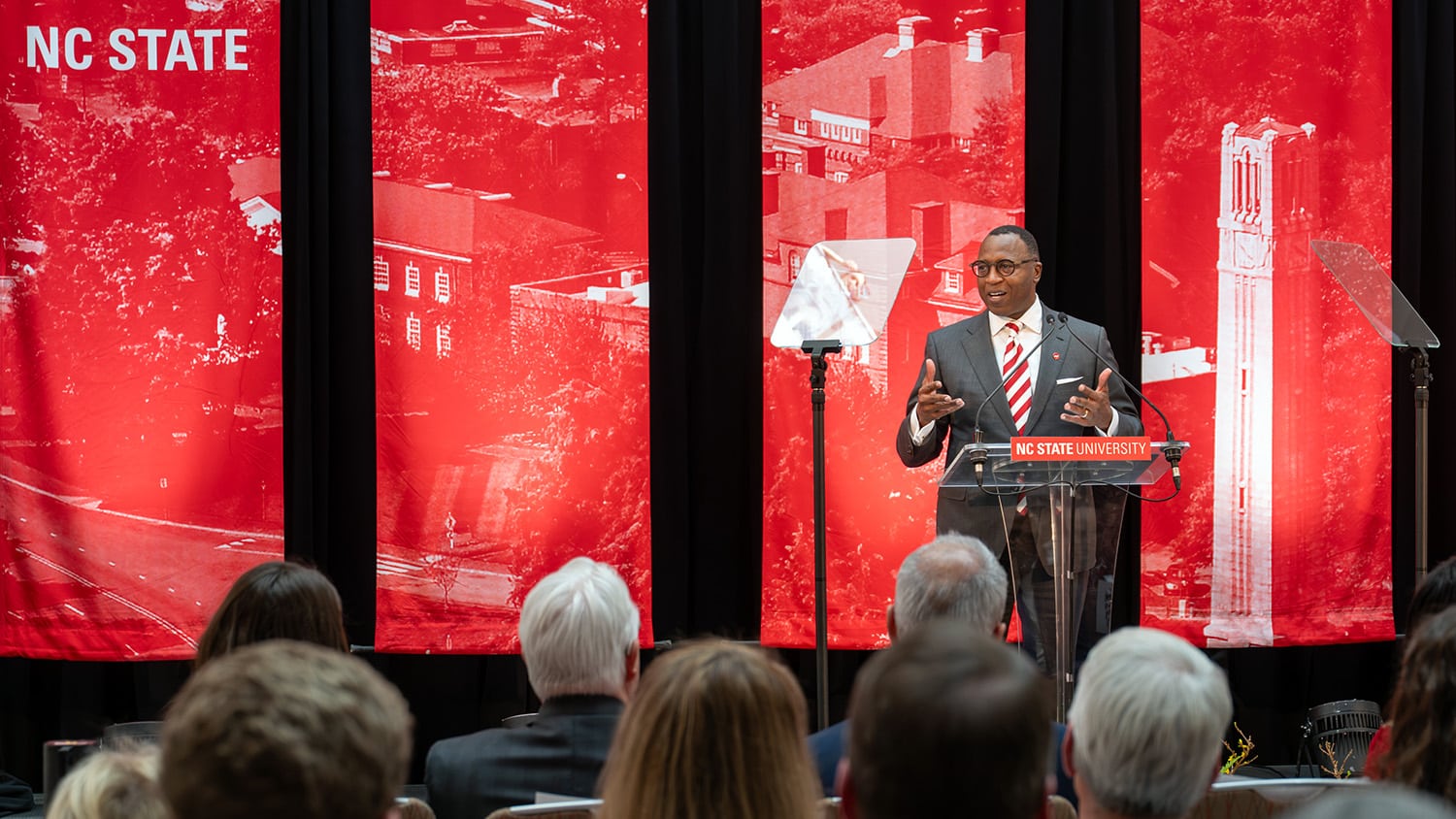Four faculty members received the Alexander Quarles Holladay Medal for Excellence, the highest honor bestowed by NC State and the university’s Board of Trustees. Chancellor Randy Woodson will recognize the awardees during the Celebration of Faculty Excellence on April 30.
The 2024 honorees are:
- Thomas Barrie, Professor, School of Architecture
- Linda Hanley-Bowdoin, William Neal Reynolds Distinguished Professor, Department of Plant and Microbial Biology
- Korukonda Murty, Progress Energy Distinguished Professor, Department of Nuclear Engineering
- Laurie Williams, Goodnight Distinguished University Professor in Security Sciences, Department of Computer Science
The award was named in honor of Alexander Quarles Holladay, NC State’s first professor of history and its first president. This year’s award winners have made outstanding and sustained contributions to the university through achievements in research, teaching, or extension and engagement. Honorees receive an engraved medal and framed certificate, and will be recognized at NC State’s spring commencement ceremony on May 4.
“We are exceptionally proud of this year’s four Holladay Medal recipients,” said Chancellor Randy Woodson. “They represent the brightest minds in their respective fields and help make NC State a model R1 university through their scholarship and innovation.”
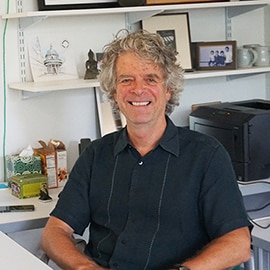
Barrie received his master of philosophy in architectural history and theory from the University of Manchester in England. He joined the NC State faculty as a professor in the School of Architecture in 2002, and served as director of the School of Architecture from 2002 to 2007. He is an internationally recognized scholar who has written groundbreaking books on religious architecture, an influential leader who has founded organizations and programs with lasting impact, and an award-winning professor.
With a career spanning more than 30 years, he has imparted his knowledge to thousands of students. His dedication to architectural education is evident through the creation of courses addressing the meaning and significance of the built environment and architectural history and theory — both filling crucial gaps in the academic landscape. Barrie’s impact extends beyond the classroom. He has established an influential scholarly record, boasting four books, one edited book, three edited journals and over twenty journal articles. Barrie’s first book, “Spiritual Path, Sacred Place: Myth, Ritual and Meaning in Architecture,” sold thousands of copies and filled a significant void in this unique field. He has also written eleven book and encyclopedia chapters for prestigious publishers.
Barrie cofounded and chairs the Architecture, Culture and Spirituality Forum, the only organization of its type that addresses the spiritual aspects of the built environment. He also directs the Affordable Housing and Sustainable Communities Initiative (AH+SC) – a student engagement and community service initiative he founded at the School of Architecture in 2007. In 2022, Barrie became the first person to receive the Educator of the Year award from the American Institute of Architects (AIA) North Carolina Chapter. He is the recipient of a number of other teaching awards, including the Association of Collegiate Schools of Architecture (ACSA) Distinguished Professor Award and Creative Achievement Award and the ACSA/American Institute of Architecture Students New Teaching Award. Barrie is a Fellow of the American Institute of Architects, a member of the ACSA College of Distinguished Professors and a member of the NC State Academy of Outstanding Faculty in Extension and Engagement.
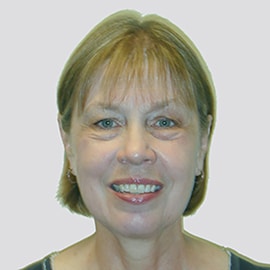
Hanley-Bowdoin received her Ph.D. in molecular biology from The Rockefeller University in New York. She joined NC State in 1990 as an assistant professor in the Department of Biochemistry, her home department for 25 years, and became an associate member of the genetics program in 1993. She joined the Department of Plant and Microbial Biology in 2015, where she is a William Neal Reynolds Distinguished Professor. During this time, she has developed an internationally recognized, highly collaborative research program, innovative approaches to teaching in the laboratory and classroom, and a strong record of service at NC State and beyond. Her areas of expertise include DNA replication and transcription, and geminivirus infection (geminiviruses are a large family of plant viruses with circular, single-stranded DNA genomes that replicate through double-stranded intermediates).
Her research program has been continuously funded by competitive grants for more than 32 years, resulting in more than $30 million in total funding from federal, foundation and corporate sources. Hanley-Bowdoin has published 99 papers or reviews in refereed journals, presented more than 100 invited talks and generated four patents. Throughout Hanley-Bowdoin’s career, her philosophy has been the integration of interdisciplinary research and training. This philosophy allowed her to grow a basic molecular research project into a global research and training program that focuses on food insecurity – a problem that nearly 30 percent of the world population faces. She created an international collaborative environment that spans four continents and has generated more than $12 million in grant support for international research on plant viral diseases associated with food insecurity in the developing world. She also co-organized an international workshop, Emerging Infectious Plant Diseases in Africa, that brought U.S. and African scientists together to address the effects of plant diseases and increase food availability in the global South. The workshop raised awareness of NC State’s strong commitment to addressing food security on a worldwide scale and led to the establishment of the university faculty cluster on Emerging Plant Diseases and Global Food Security.
Her strong commitment to international collaboration and training has moved international research efforts at NC State to the next level and laid the groundwork for future international projects between NC State faculty and scientists around the world. In recognition of her leadership in advancing international programs at the university, she received the Jackson Rigney International Service Award in 2021. She was also awarded the NC State Distinguished Alumni Research Award and elected a Fellow of the American Association for the Advancement of Science.
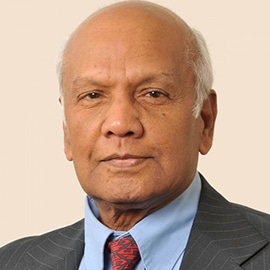
Murty received Bachelor of Science and Master of Science degrees in physics from Andhra University in India, and master’s and doctoral degrees in materials science from Cornell University. He joined NC State in August 1981 as an associate professor jointly in the Departments of Nuclear Engineering and Materials Science and Engineering, and is currently the Progress Energy Distinguished Professor in Nuclear Engineering. Murty’s work has focused on the deformation, creep, fatigue and fracture behaviors of nuclear core and pressure boundary materials, with particular emphasis on structure-property relationship and effects of radiation exposure. He is also interested in radiation-enhanced hydrogen transport into steels used for radioactive waste containers and the subsequent embrittlement with reference to their integrity. He and his colleagues are actively pursuing studies on the effects of fabrication processes on crystallographic texture and the resulting anisotropic mechanical properties of Zircaloy cladding, with application to the understanding of pellet-cladding mechanical interaction.
His success includes securing research grants and funds from federal and industry sources totaling more than $14 million as of 2023. These funds have supported numerous graduate students, postdoctoral fellows and undergraduates, resulting in the awarding of 54 graduate degrees and the publication of 383 journal articles to date. Murty has presented extensively at domestic and international conferences, contributing to a substantial body of technical reports. His exceptional research record includes consistent funding from the National Science Foundation, with a total of eight grants reflecting an outstanding commitment to scientific inquiry. He has strong research collaborations with colleagues in the Departments of Materials Science and Engineering and Civil, Construction, and Environmental Engineering, while also working with institutions in Germany, Australia, India, Korea and China, resulting in joint publications and mutual visits.
Over the course of his tenure, Murty has garnered numerous accolades, including the Alcoa Foundation Research Achievement Award, Fellow status in the American Society for Metals International and the American Nuclear Society, Life Fellow and Honorary Membership in the Indian Institute of Metals and American Institute of Mining, Metallurgical and Petroleum Engineers. His impact is further underscored by two symposia held in his honor: the International Plasticity Conference in 2016 and the Structural Materials Division Conference of The Materials Society in 2017.

Williams received her Bachelor of Science in industrial engineering from Lehigh University, her MBA from Duke University, and her Ph.D. in computer science from the University of Utah.
She joined NC State in 2000 and was recently named the inaugural Goodnight Distinguished University Professor in Security Sciences. She served as acting department head of the Department of Computer Science from 2014-2015; associate department head from 2015-2016; and interim department head 2017-2018. Her research is situated at the confluence of software engineering and cybersecurity, specifically in the field of software security. With a focus on proactively engineering secure systems, Williams’ work aims to prevent cyber threats rather than merely reacting after attacks have occurred.
In her role as a lead principal investigator, Williams has overseen research expenditures exceeding an impressive $33 million to date. She leads three distinct research organizations: she is a founding director of NC State’s Secure Computing Institute, the director of the National Science Foundation (NSF) Secure Software Supply Chain Center and the co-director of the North Carolina Partnership for Cybersecurity Excellence sponsored by the National Security Agency (NSA). Additionally, Williams was the co-director of the NSA-sponsored Science of Security (SoS) Lablet from 2011-2023, focused on solving five hard problems through the discovery of formal underpinnings of the design of trusted systems. She is the current associate editor-in-chief of IEEE Security and Privacy and of IEEE Software.
Throughout her distinguished career, Williams has earned numerous accolades, including the NSF CAREER Award and NC State’s Outstanding Teacher Award, and she has been named an NC State University Faculty Scholar. Her inductions into NC State’s Academy of Outstanding Teachers and the Research Leadership Academy showcase her exceptional impact on both education and research domains.
- Categories:
